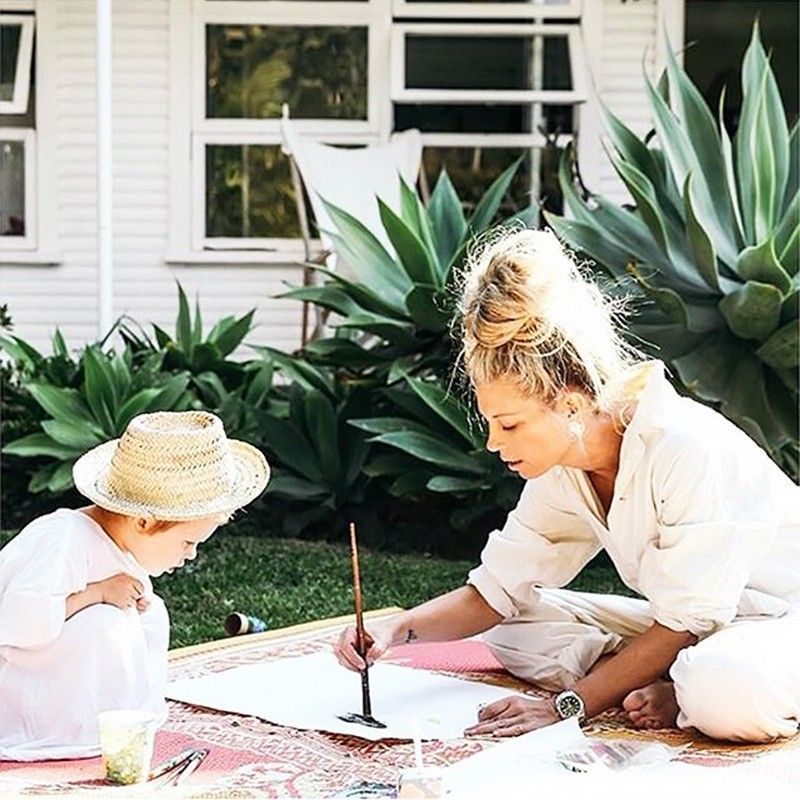If you are a parent, odds are that you have a very particular way that you have chosen to raise your children. Different households have different values and different ways in which they interact with their children. Some parents give their children their pacifier when they throw a fit in public while others refuse to do so because they don’t want their children to be rewarded for causing a scene in public.
Some parents feel the need to walk their middle school child to the bus stop every single day because they are fearful of their safety while other parents let their kids walk to the bus stop with their friends because they want to introduce the idea of freedom and responsibility to them. Neither way of parenting is better than the other.
Having Someone Else Telling You How To Raise Your Child Can Be Extremely Frustrating

However, sometimes parents and non-parents alike think they know what is best for someone else’s child. This can be extremely frustrating if you are a parent having someone else tell you how to raise your child. For example, if you are out with another parent at the supermarket and your child keeps on begging you to buy them a sweet treat, it is absolutely not the other parent’s right to tell you to give into your child’s request.
Often, when parents tell their kids “no”, other parents may make comments like “let the kid live a little” or “that treat won’t hurt them” when in reality, it is less about giving your children a treat and more about teaching them that they can’t always get everything they want.
Make Conversation a Priority With Your Kids
Don’t feel bad telling the other parent your reasoning for your choices and just know that as a parent, you have the full right over how you decide to parent your children. There are other situations similar to this one that may arise.
If you are someone who has told a parent how to raise their kid in the past, be wary of the fact that different children are raised differently and that your parenting style may not directly align with the style of the other parent.
